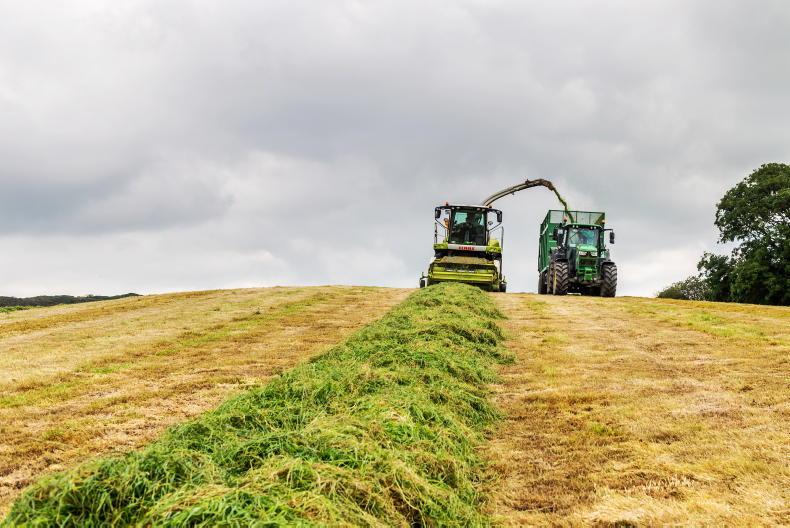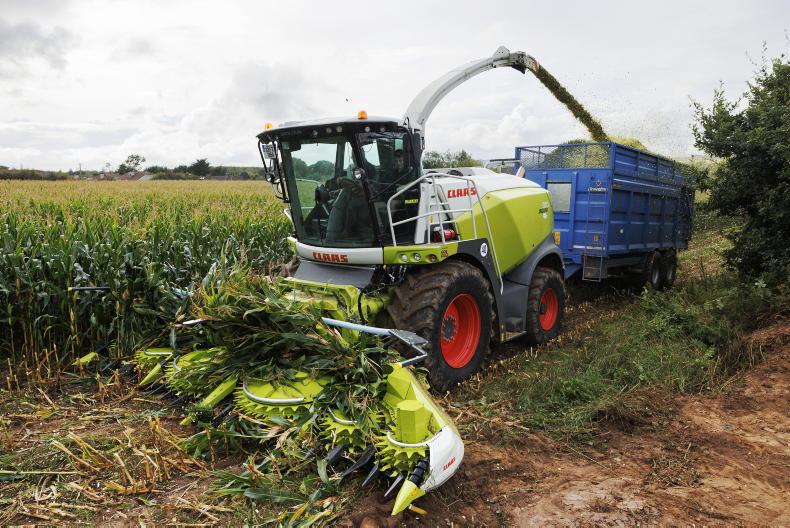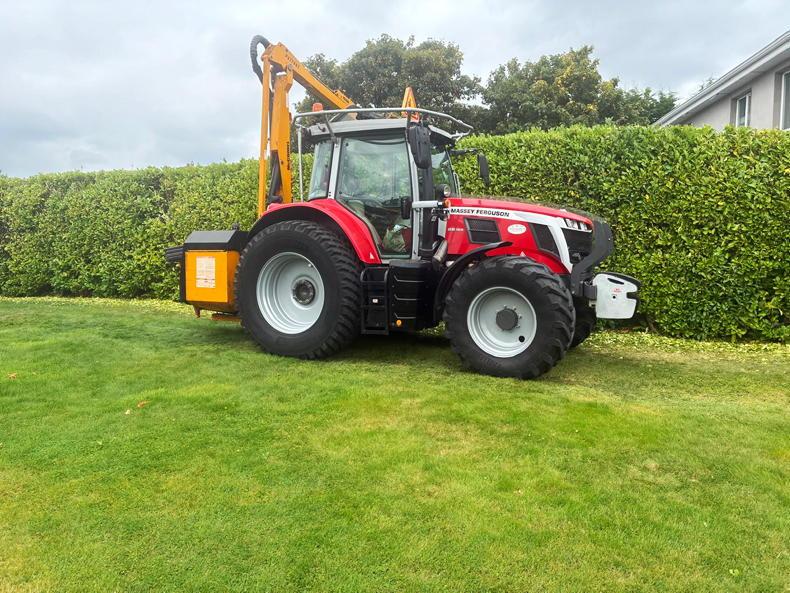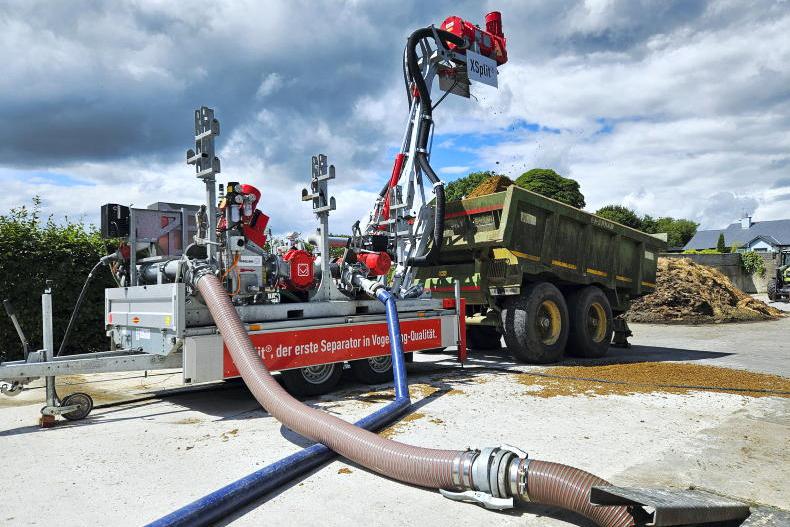A serious shortage of qualified agricultural mechanics has resulted in tractor and machinery dealers struggling to find and retain staff.
Vacancies in the sector have increased sharply over the last two years, with dealers battling to hire qualified mechanics and store personnel.
A number of dealers told the Irish Farmers Journal that they have vacancies for three and four qualified people each. They are also finding it difficult to attract apprentices into the sector.
One midlands dealer, who did not wish to be named, said he had a vacancy in the store, as well as needing an administration person, a mechanic and a workshop manager.
Reality
“If I got three of the four I’d be more than happy, but the reality is, that I’m finding it hard to fill any of the jobs,” he said.
A number of other dealers said they had experienced similar challenges.
There are differing views on the causes of the labour shortage.
The dealers maintained that their staff recruitment difficulties were a reflection of the general labour shortages in the economy, and blamed the Pandemic Unemployment Payment (PUP) for compounding the problem.
The reality is that these mechanics can get better paid on the auto side of the trade or in industry
They also pointed to the fact that apprenticeships were not seen as an attractive option by many young people or their parents.
However, other sources cited working conditions, pay and a lack of respect afforded to agri-mechanics as the primary reasons why young people are not staying in the business.
“The reality is that these mechanics can get better paid on the auto side of the trade or in industry,” a person involved in training said.
“In the agri-trade it’s all pressure. From sowing to silage to harvesting, it all has to be done now, and there is always someone roaring at you. That’s why young lads are walking away from the spanners,” he maintained.
Professional progression
Michael Farrelly of FTMTA admitted that the sector has to improve the image of the profession and show that there are possibilities for professional progression within the trade.
“We are starting to have that internal conversation now, but there is no quick-fix,” he said.










SHARING OPTIONS